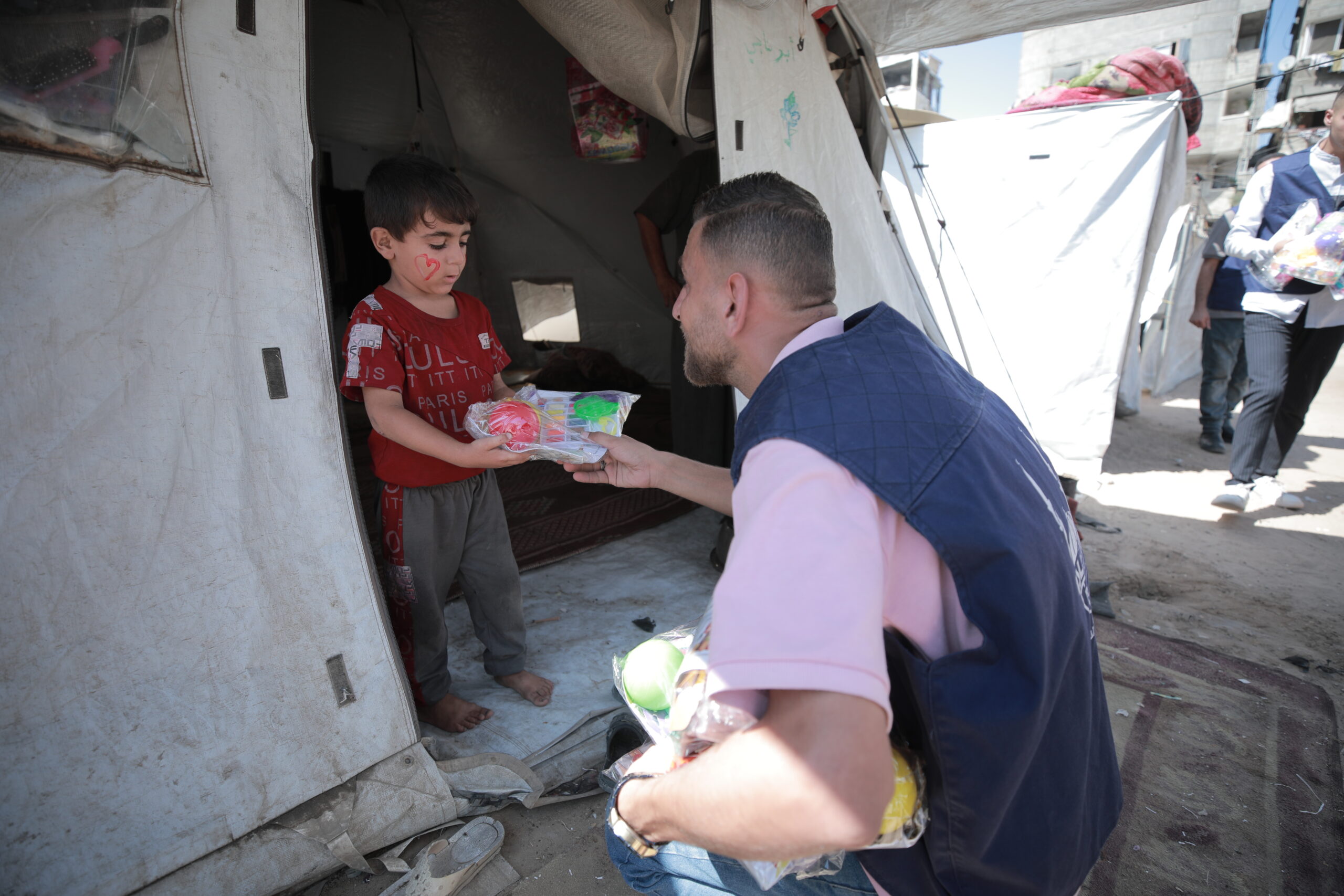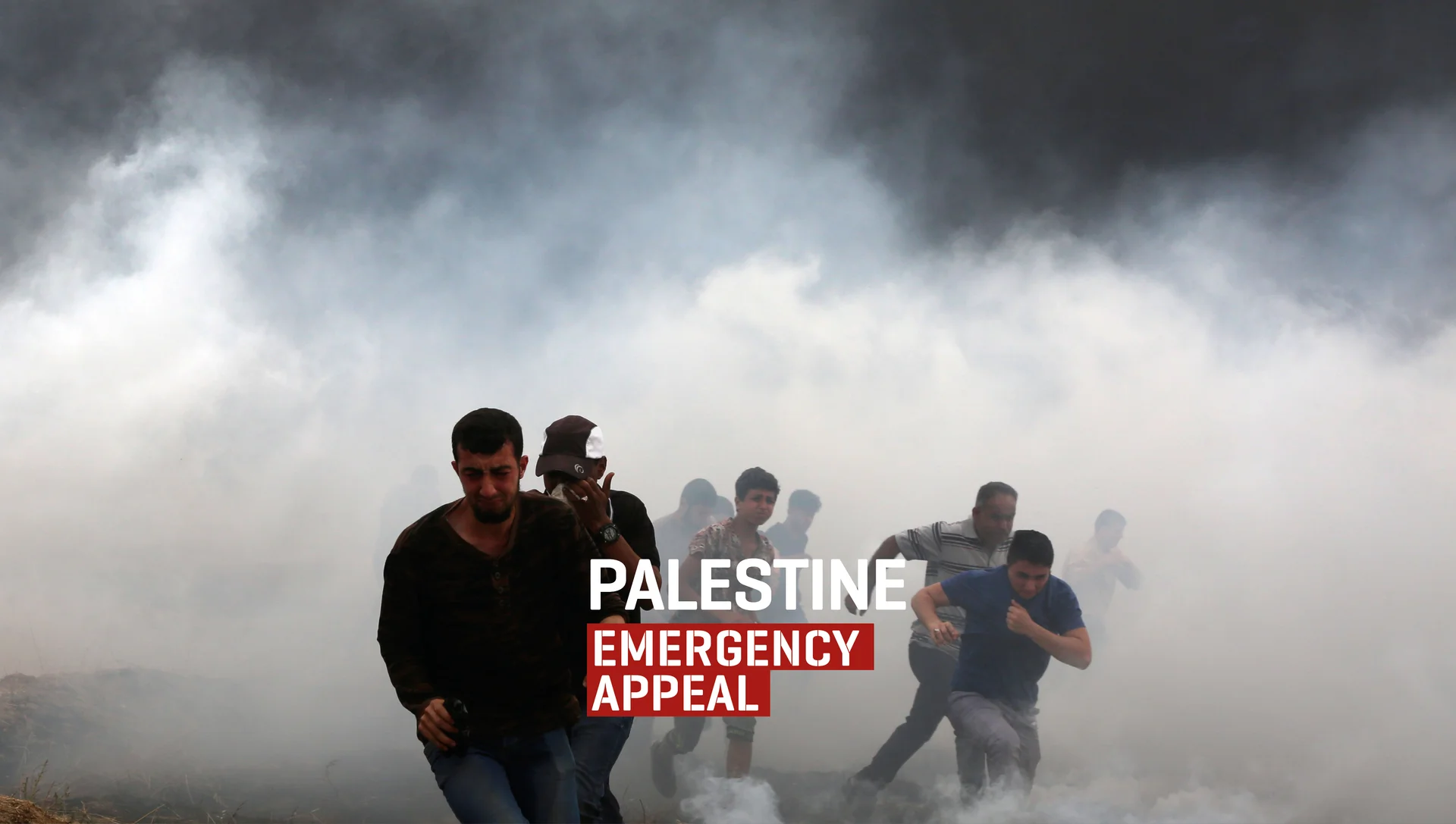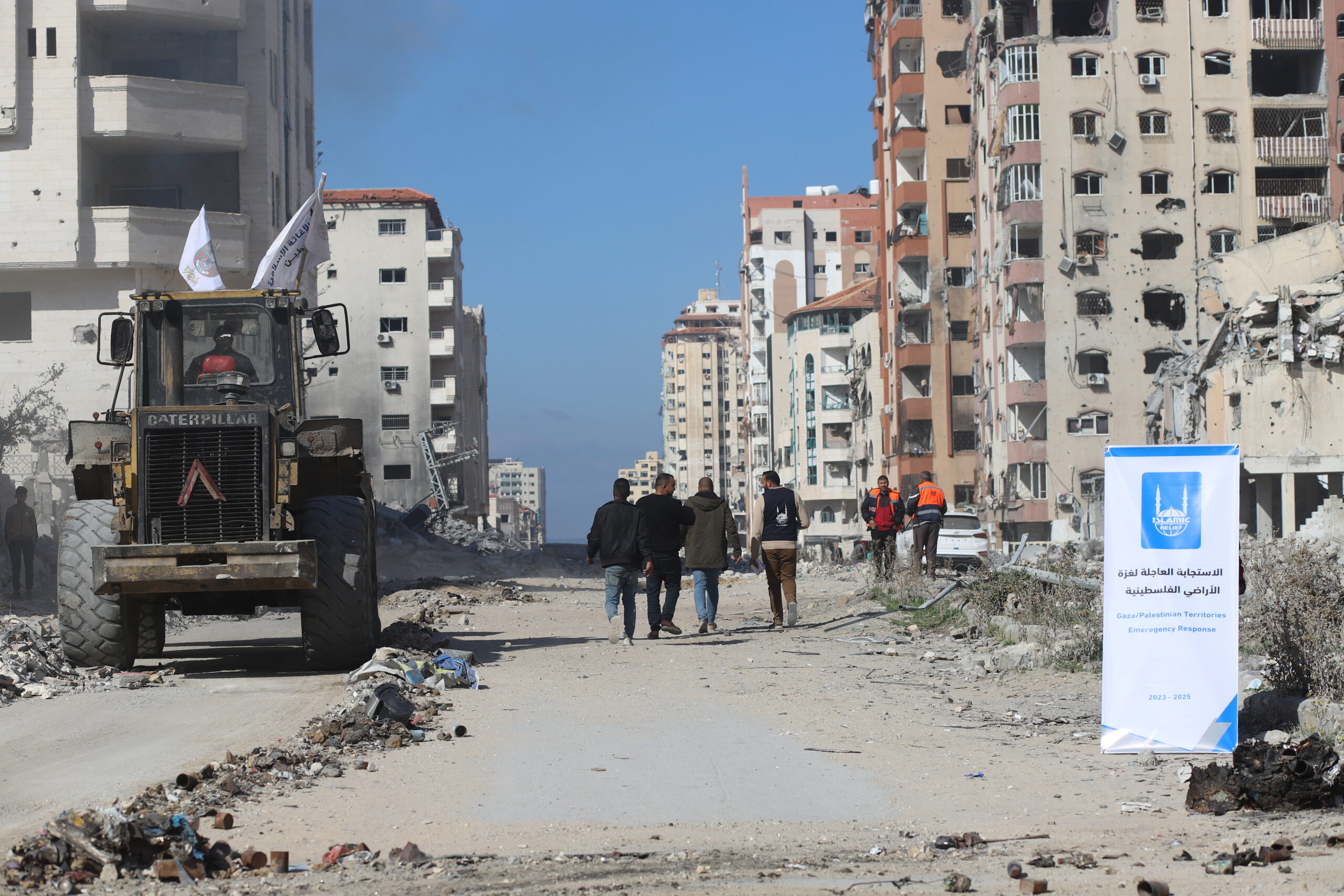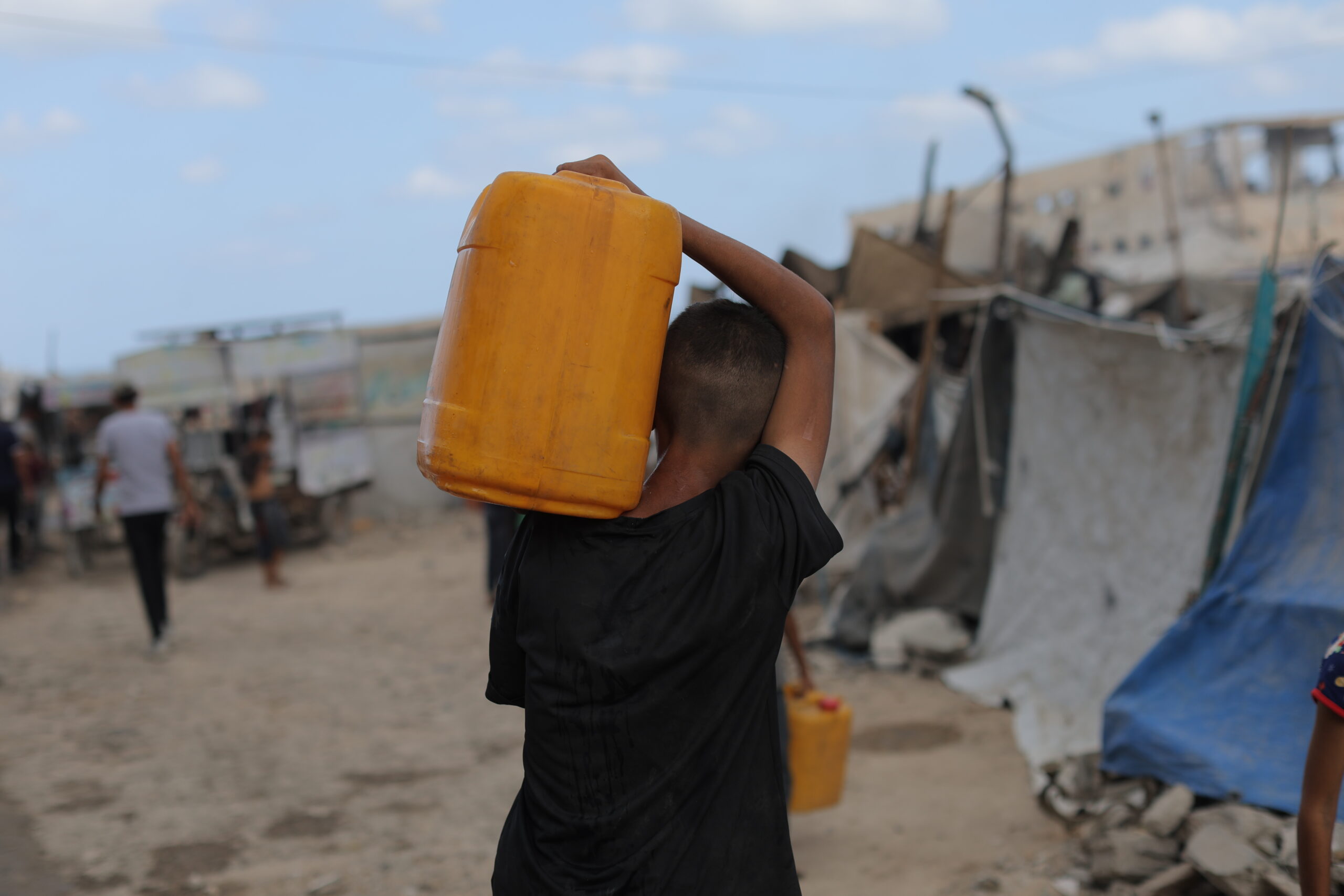
09.01.25
Sumud and Palestine
Sumud, or steadfastness, is a word that has become synonymous with the people of Palestine. As they face ongoing occupation and mounting adversity, their collective resilience and perseverance of their cultural identity deeply embody the concept of sumud.
What is Sumud?
Sumud (صمود) is an Arabic word meaning steadfastness or perseverance. It is a term that embodies the concept of everyday resistance. One of non-violent, collective resilience, and maintaining dignity, identity, and connection despite ongoing oppression.
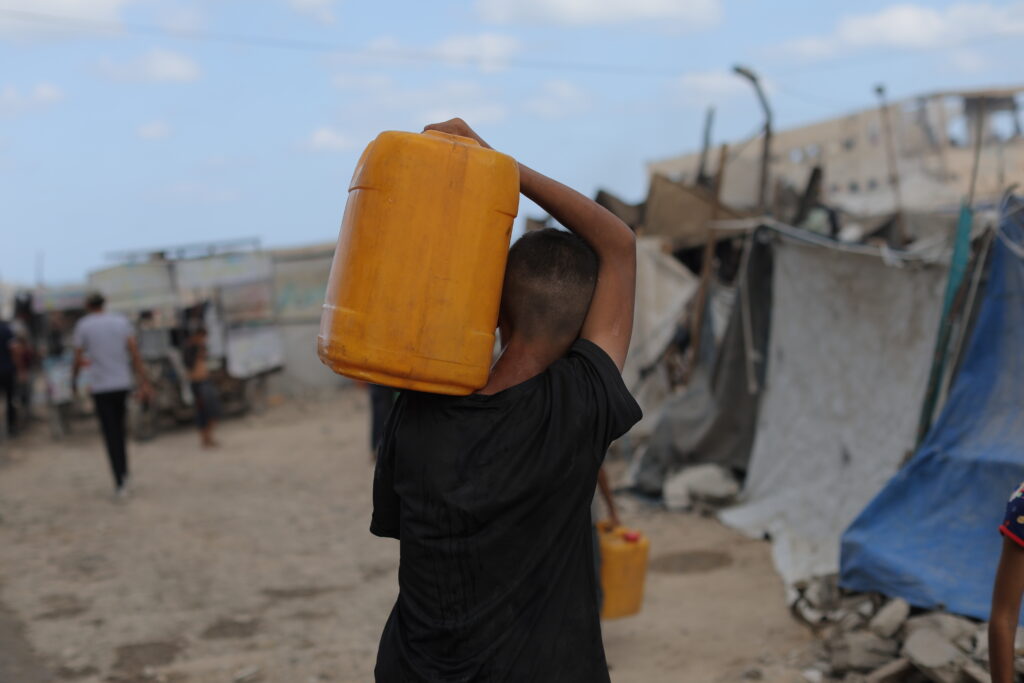
In turn, Palestinians use sumud to interpret, cope and respond to ongoing injustice and traumatic experiences. For them, it is both a value and an action. Sumud strengthens their sense of purpose and meaning. It manifests through individual and collective action. Actions that protect family and community survival, wellbeing, dignity, Palestinian identity and culture, and a determination to remain on the land.
History of Steadfastness in Palestine
From when their homeland was seized by occupying forces in 1948, Palestinians have continually show resilience, both actively and passively.
The establishment of Israel led to the Nakba (catastrophe). This was a massive destruction that the terrorist Zionist movement committed on Palestinian lands. With more than 530 Palestinian cities and villages entirely demolished, and hundreds of thousands of Palestinians killed and expelled from their homes.
In 1967, the Naksa (setback in English) occurred, and Palestinians lost new parts of their lands – the West Bank, Gaza Strip and East Jerusalem. Other Arab countries also came under direct Israeli occupation, such as Sinai and the Golan Heights. The Nakba and Naksa taught the Palestinians sumud, and that leaving their lands was not a viable alternative for their future.
Palestine and Sumud Today
Today, as Palestinians remain targeted by occupying forces in every aspect of life, sumud has become a way of resistance.
To Palestinians, sumud is when bombs destroy your house. But you still stand up on the rubble of the house and say that this is my homeland, and it will be so forever. Sumud when the Israeli settlers burn the olive trees. But you still plant new ones. Because the more the Zionists destroy, the more the Palestinian people rebuild.
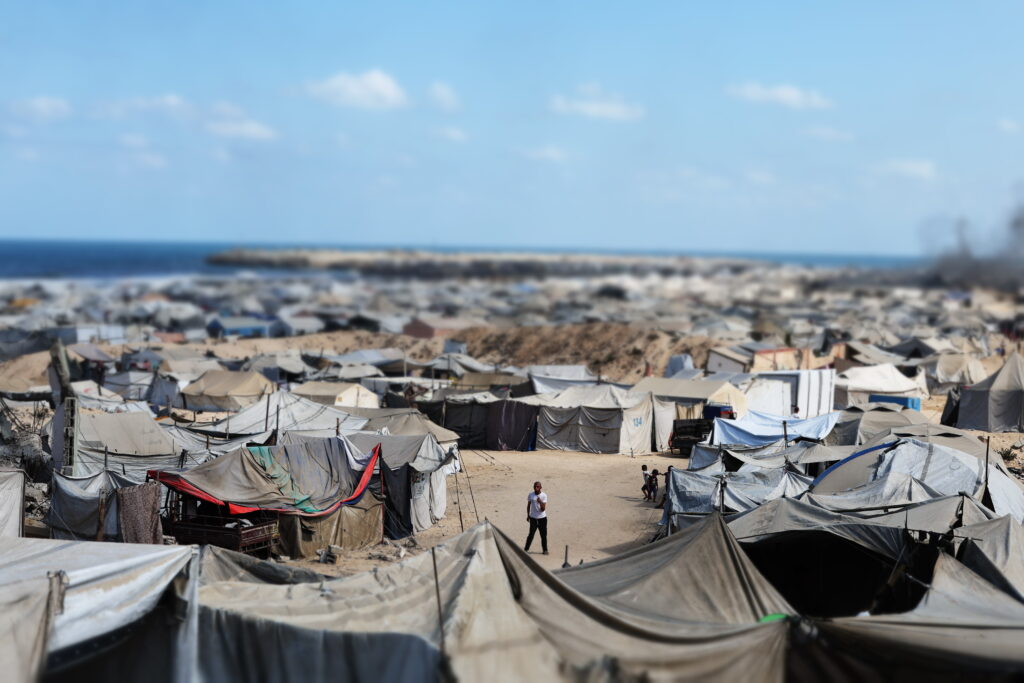
Because sumud is the action of standing against all kinds of injustice and discrimination and the protection of the Palestinian identity, culture, tradition, and custom. It is the way Palestinians maintain their homeland as well as the continuation of the struggle against the Israeli occupation.
Where the occupying regime tries to devastate and destroy the Palestinian people, sumud gives Palestinians hope and determination. Sumud focuses on preserving the self in the present to open up new horizons, perspectives, and desires in the future for self-determination, liberty, and equality.
Struggle and Sumud
Both struggle and Sumud, in Palestinian culture, have become intertwined. Struggle, or resistance, for Palestinians is their physical actions against the Israeli occupation. Sumud is the structure and framework in which these actions are organised. It is their determination and confidence not to lose again. To prevent another Nakba and Naksa. It is a style of life and ethical responsibility in which an individual sacrifices themselves tirelessly.
In other words, Sumud is to give up what you love and embrace patience for the coming pain. That this is all for the sake of the homeland as well as for others.
This is why Sumud, for Palestinians, is a core cultural and national concept. One that means more than steadfastness, but staying strong in all possible ways. Even in the face of unimaginable cruelty and injustice.
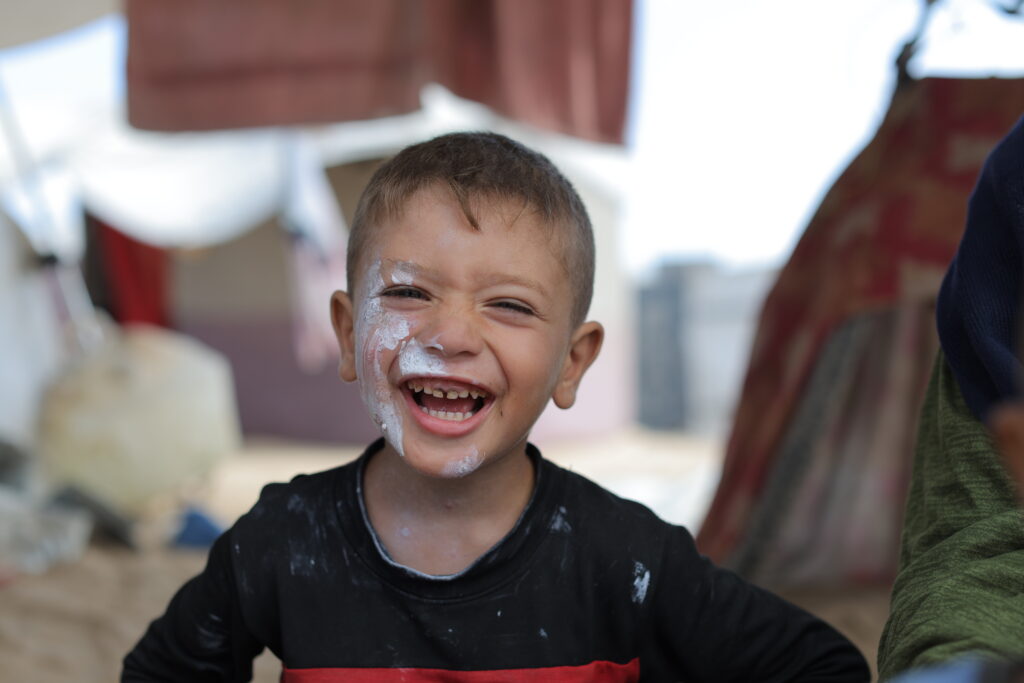
It presents a form of social solidarity and coherence against injustice and oppression. One that can be a model for emancipation for other nations that suffer persecution in the world. A symbol of resistance against colonisation, hegemony and suppression, and as a means to achieve self‑determination, freedom and justice.
In a time when the Israeli regime restricts every single aspect of Palestinian freedom and liberty, Sumud presents a solution as a way of surviving in the struggle against Israeli colonisation and hegemony. Both in the way individuals stand up as one person against the whole Israeli apartheid, sacrificing themselves for the sake of others. As well as collective organised resistance and fighting Israeli injustice. The profound term has deep and well-established roots for Palestinians and their land, reflecting their strength and perseverance as a nation and culture.

